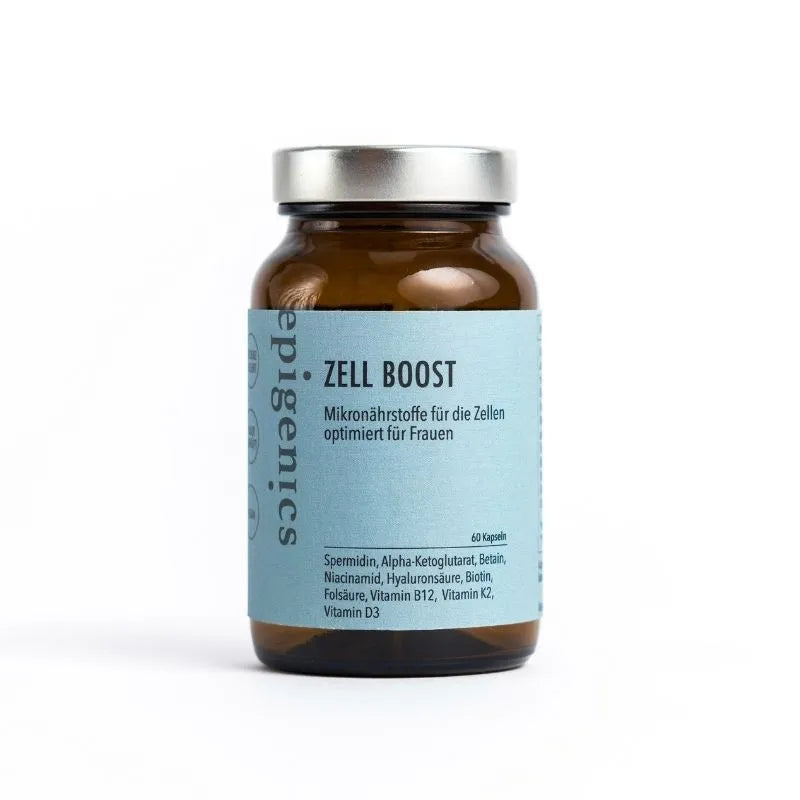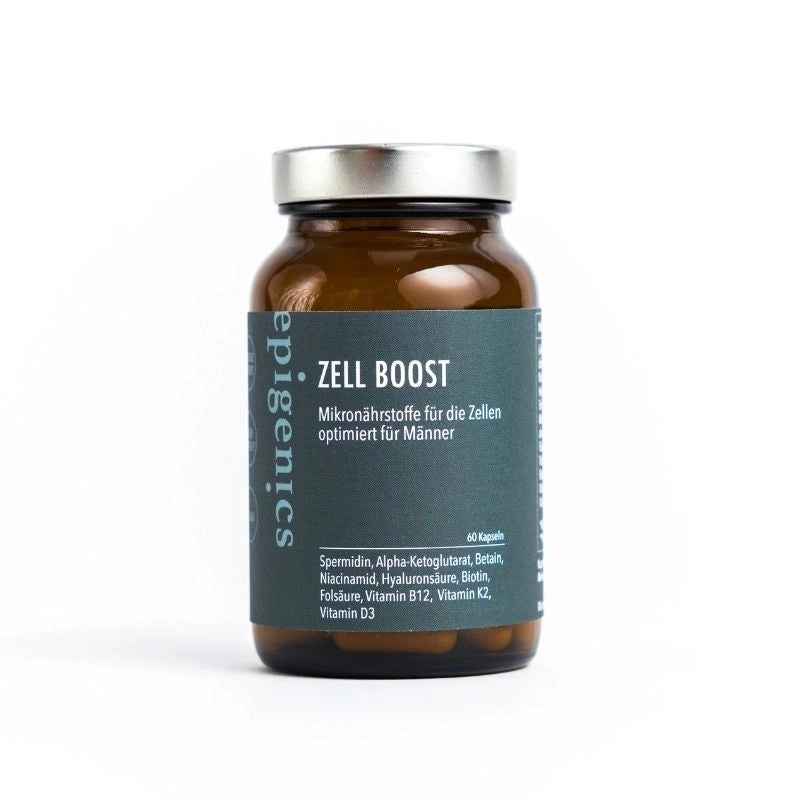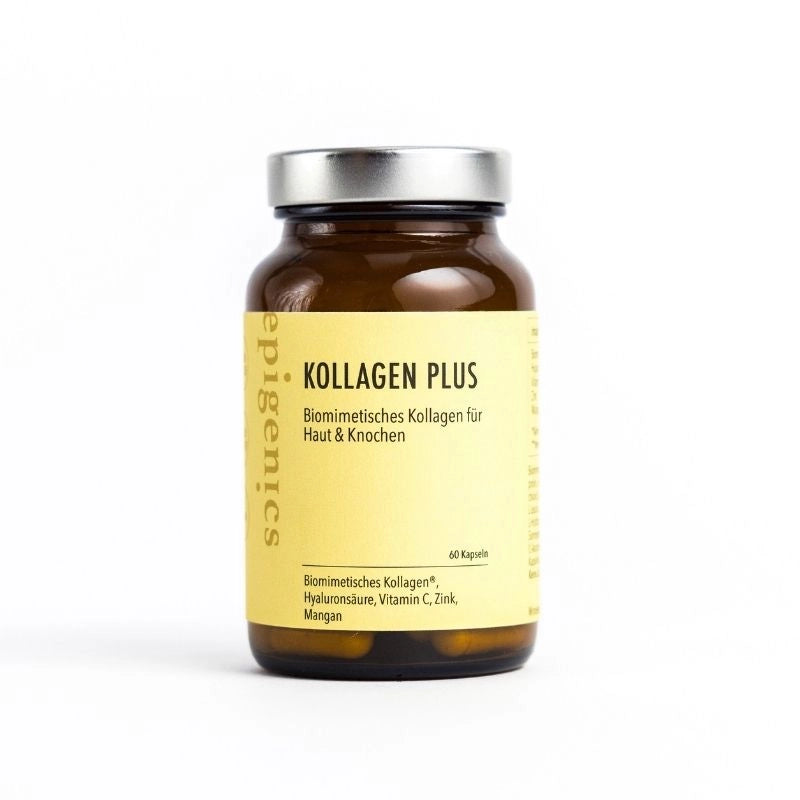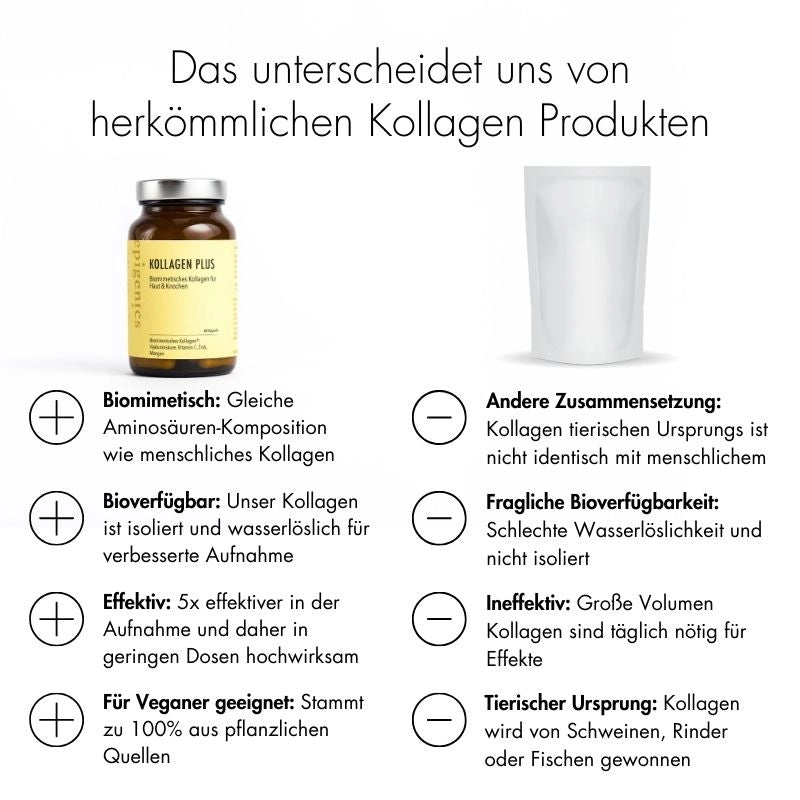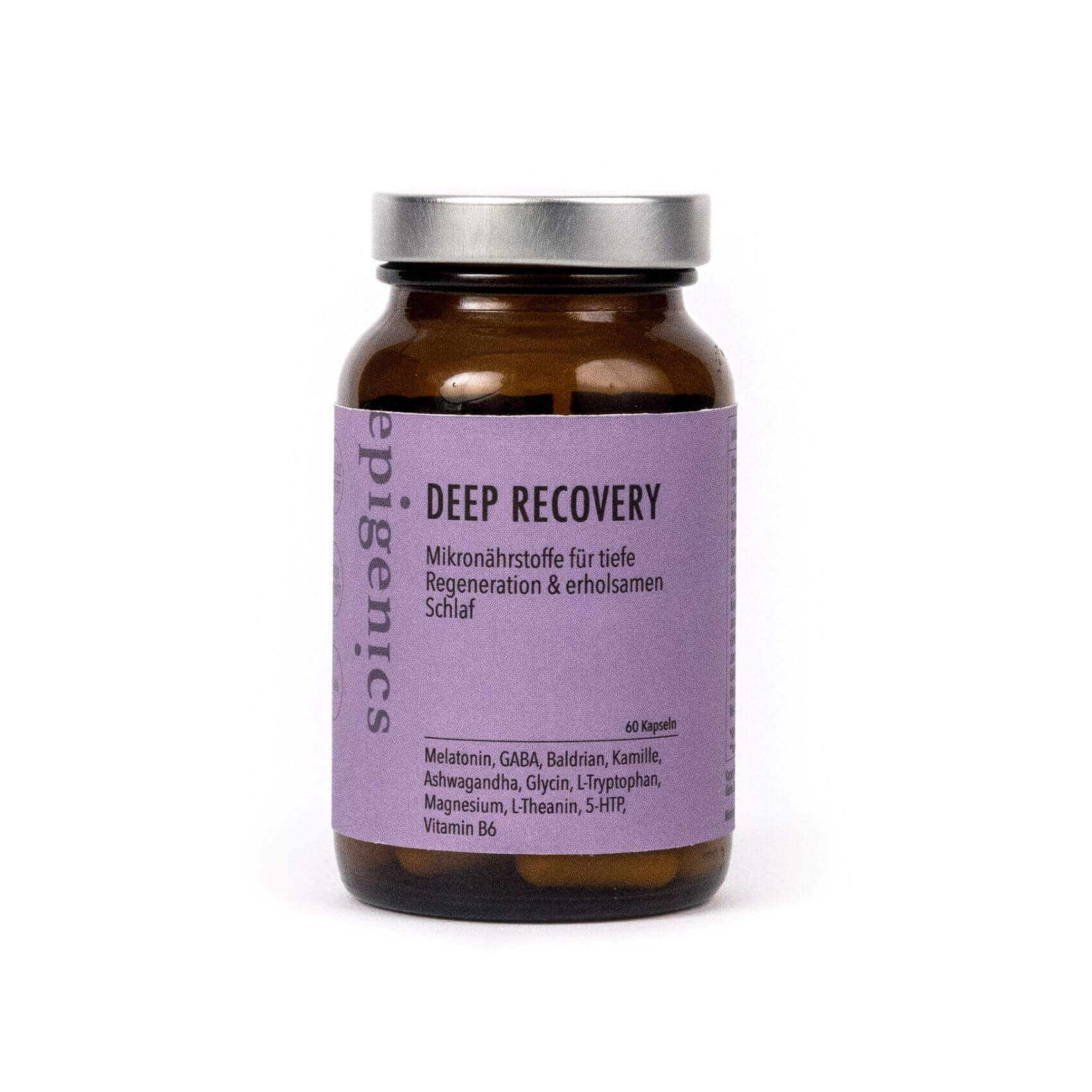Supplements

Food supplements for a healthy life: Do I need them and for whom are they useful?
Time and time again you hear "With a healthy diet you don't need supplements". In this article, we explain why supplements can be a wonderful tool in the health box when used properly.
Do I even need nutritional supplements?
In a perfect world, each of us would cover all of our nutrients through a balanced, varied and seasonal diet. Unfortunately, however, this is becoming increasingly difficult to accomplish and our diets are often one-sided. There are many reasons for this: stressful workdays and too little time to plan healthy, balanced, micronutrient-rich meals. Unhealthy habits related to our diet that are difficult to break. The fact that there is a worrying trend in the nutrient content of fruits and vegetables: A study concluded that the nutrient content of 43 different crops has declined by up to 38% since the middle of the last century.
How does a nutrient deficiency occur?
In order for our bodies to perform all of their vital functions, they need nutrients. These include, of course, the major macronutrient groups such as fat, carbohydrates and protein. But at least as important are the micronutrients such as vitamins, minerals and other molecules produced by the body that ensure that our health is maintained. With an unbalanced diet, the omission of entire food groups, a vegan lifestyle or increased nutrient requirements, a nutrient deficiency can quickly develop, which can be harmful to our health in the short or long term.
When are dietary supplements useful?
According to Statements of the German Nutrition Society (DGE), our diet is completely sufficient to supply us with nutrients. However, the DGE also mentions some "exceptions" that could benefit from dietary supplements....
👵 in old age
🤸 in youth
🤰 during pregnancy
👶 when wanting to have children
🏃♀️ during sports
👩💻 during high occupational stresses
✈️ during frequent flights
🚬 with smokers
🍸 with regular alcohol consumption
🤒 in case of illness
😷 with susceptibility to infections
🦠 when taking antibiotics
💊 when taking medication frequently
and...
🥬 in everyone who eats less than 5 servings of vegetables a day.
Looking at this list, it quickly becomes clear that many of us have increased nutrient needs. The age factor, of course, is one that affects us all sooner or later. Namely, as we age, our nutrient needs increase and our nutrient levels decrease. Accordingly, it becomes increasingly difficult to absorb the increased requirements through food alone. Especially if the nutrient content in our vegetables and fruit, as described above, continues to decline. The consequence is obvious: "Our body will have fewer components it needs to defend itself against chronic diseases. This undermines the value of food as preventive medicine," says David R. Montgomery, professor of geomorphology at the University of Washington in Seattle.
What should I look for in supplements?
Our age is the greatest risk factor for a number of chronic diseases, including cancer, cardiovascular disease and Alzheimer's disease. Unfortunately, there is a lot of outdated knowledge, especially in the area of "anti-aging." For example, in many places Antioxidants are still being touted as an effective anti-aging agent, even though the research concluded as early as 2007 that antioxidants in the form of dietary supplements can even increase mortality under certain circumstances.
To ensure that we are armed against disease and accelerated aging at all stages of life, it is worth taking a look at the latest findings in longevity research. In the last 15-20 years, this field of research has taken a quantum leap and discovered several micronutrients and molecules that are not only beneficial to health, but have the potential to slow down our biological aging. An overview of the most effective and safe micronutrients in this field can be found here. Cell Boost is the first dietary supplement that translates this knowledge into a safe, evidence-based and effective dietary supplement for daily use.
Dietary supplements are not a substitute for a healthy lifestyle. The clue is in the name: it is a supplement. A way to ensure that we are providing our bodies with enough of the nutrients they need to keep us young and healthy for a long time.
